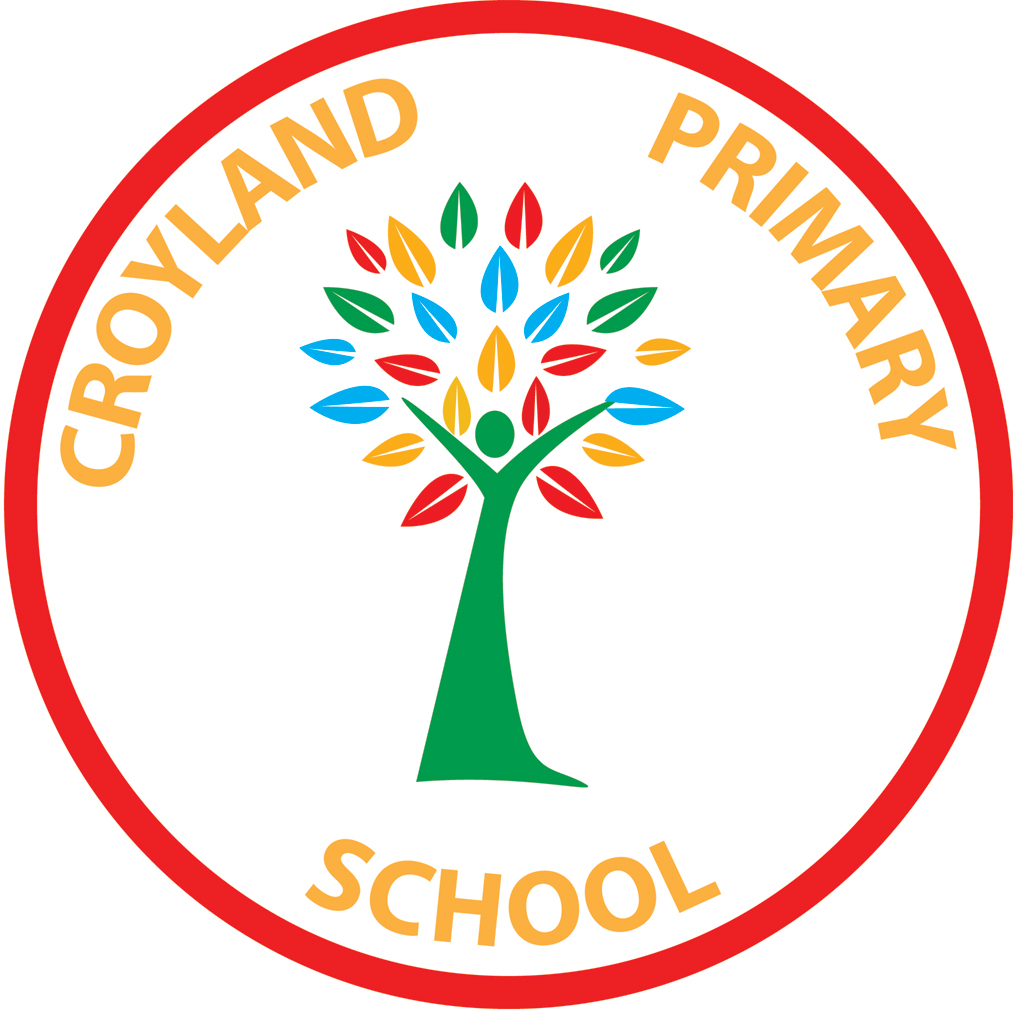RE
RE at Croyland primary school is designed to enable all pupils to have an understanding of and empathy for the faith or beliefs of individuals and communities in a way that is both academically challenging and personally inspiring.
We have adopted the Northamptonshire agreed Syllabus for RE. We supported the local authority in developing the syllabus. Our Long Term Plan has been devised to ensure that we build on key concepts from Reception to Year 6, meaning that children are able to make connections, knowing more and remembering more over time. The Syllabus has been designed, ensuring a proportionate balance between the disciplinary lenses of: Theology, Social Sciences and Philosophy. RE teaching is then underpinned by ensuring that children can consistently build on knowledge through the planned syllabus.
*Use of experimental and creative activities, to enable children to develop their insight into the `experience’ of religion which is relevant and meaningful to our children.
* Use of reasoned arguments and debates where children can explore controversial issues in a nurturing environment.
* Use investigative and interpretative skills to develop their understanding of cultural capital by the opportunities of experiencing learning through art, music and stories.
* Using planned, sequenced concepts, to ensure children build effectively on prior learning.
Children reflect the benefit from these approaches, through ensuring embedded understanding by `lingering longer` and `digging deeper` with their independent thinking, increased confidence and more sustained thinking from today’s world beliefs.
3 types of knowledge in RE:
- ‘substantive’ knowledge: knowledge about various religious and non-religious traditions (referred to as At1 by the Northamptonshire syllabus)
- ‘ways of knowing’: pupils learn ‘how to know’ about religion and non-religion
- ‘personal knowledge’: pupils build an awareness of their own presuppositions and values about the religious and non-religious traditions they study (referred to as At2 by the Northamptonshire syllabus)
Teaching of faiths focus
KS1 – Christianity and two other faiths – starting with family, neighbourhood and special times, whilst concentrating on the similarities of religions are creatively planned and delivered.
KS2 – Christianity and five other world religions, including Humanism- involve moving from the local to the national and international examples of religion. Its key focus is to ensure pupils explore diversity, similarities, differences within and between religions, humanism and other world views.
Children’s work can be found throughout the school. Enjoy our creative and sometimes challenging responses to the Big Questions of today!
In order to promote deeper and long-term learning, RE is taught through concepts to build a knowledge schema, whereby children make connections and build on prior learning throughout their time at Croyland Primary School. These are the core concepts that drive learning in RE:

